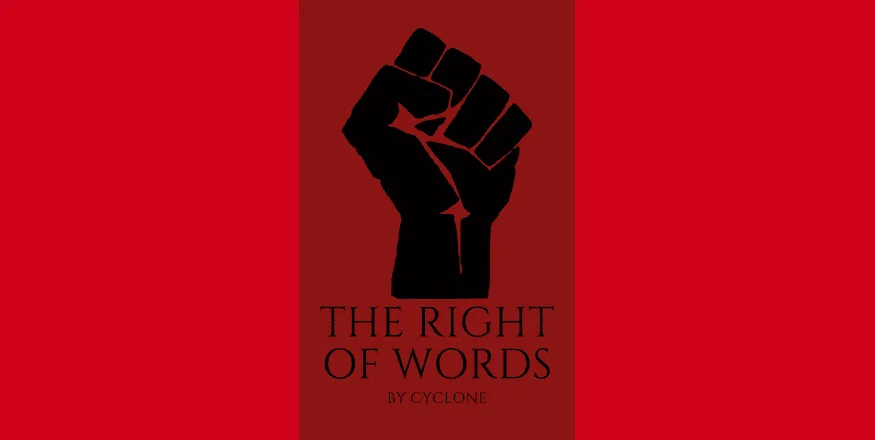VII. Rationality
What does it truly mean to think rationally? Is it merely a mechanical process of weighing pros and cons, or is it a deeper connection to the essence of truth and understanding? Rationality is the compass of the human mind, a gift that separates us from instinctive creatures and defines our capacity for judgment. Yet, do we wield it with the respect it demands? Often, our emotions cloud the lens of reason, and in moments of crisis, we abandon it altogether. The question is not whether we are capable of rational thought, but whether we actively choose to engage with it.
Life’s crossroads often test our ability to think rationally. Imagine standing in the heat of an argument, words flying like arrows, emotions surging like a storm-tossed sea. In such moments, rationality can seem like a distant shore—visible, but unreachable. Consider the times when decisions must be made in the shadow of urgency: Do you lash out in anger, or do you pause, collect your thoughts, and respond with clarity?
I once witnessed a friend struggle with an impossible choice—to stay in a toxic relationship for the sake of loyalty or to leave and face the crushing weight of guilt. Her rational mind, soft-spoken yet resolute, whispered the truth: to preserve her well-being, she needed to leave. Yet her heart rebelled, weaving stories of redemption and hope. Days turned to weeks before she finally acted on her rational judgment, not with cold indifference, but with a deep understanding that self-preservation is not selfishness.
Rationality often lies dormant in the background, waiting for us to awaken it. It is in the still moments of reflection, the quiet spaces between action and reaction, that we find its voice. When we deliberately choose to step back and analyze a situation without bias, rationality becomes a powerful ally. However, its use requires courage—the courage to set aside preconceived notions and to see the world as it is, not as we wish it to be.
True rationality does not thrive in the absence of empathy. It is not a cold, calculating machine that disregards human experience. On the contrary, it is deeply intertwined with understanding. Rationality without understanding is like a sharp blade in the hands of the reckless—it can do more harm than good.
I remember a leader who was tasked with deciding the fate of a project that affected hundreds of lives. He could have chosen the easy path—to cut losses and move on. Instead, he spent countless hours listening to those affected, understanding their fears, hopes, and sacrifices. His ultimate decision—a balanced compromise—was rooted in rationality tempered by compassion. He judged clearly because he understood fully.
True rationality requires us to question not only the actions of others but our own motives and biases. Are we making decisions based on logic or convenience? Are we seeking the truth or just validating our preconceived beliefs? It is only through the discipline of self-awareness that rationality can guide us to fair and just conclusions.
Neglecting rationality often leads to chaos. Decisions made in haste, driven by unchecked emotions, can have far-reaching consequences. When rationality is ignored, misunderstandings fester, conflicts escalate, and trust erodes. The absence of clear judgment creates a void, filled instead with confusion and regret.
Take, for example, the story of a colleague who once let personal bias cloud his judgment. Faced with choosing between two equally qualified candidates for a promotion, he favored his friend without proper evaluation. The decision backfired when the friend struggled in the role, causing resentment among the team. Had he approached the situation with rationality—weighing qualifications and potential impact—he might have made a choice that benefited everyone.
There are times when rationality demands difficult decisions that may not be popular. It takes strength to stand firm in the face of opposition, especially when emotions run high. Rationality often feels like a lonely road, yet it is one that leads to integrity and respect.
I recall a community leader who advocated for environmental preservation in the face of lucrative industrial projects. Many opposed him, blinded by promises of economic gain. But he held his ground, presenting data, engaging in dialogue, and educating others about long-term sustainability. Over time, his rational approach won over hearts and minds, proving that understanding can transform resistance into collaboration.
While rationality is essential, it does not exist in isolation. Emotions are an intrinsic part of the human experience, and to deny them is to deny our humanity. The key lies in balance—allowing emotions to inform our understanding without overwhelming it. Rationality does not suppress emotion; rather, it channels it into constructive action.
A teacher once shared a story of a student who struggled academically yet showed remarkable creativity. Instead of dismissing the student’s potential based on grades alone, the teacher explored alternative learning methods, combining rational assessment with emotional insight. The result was a breakthrough that transformed the student’s life.
Rationality is more than a tool; it is a way of being. It calls us to rise above the noise of the moment, to seek clarity in complexity, and to act with integrity. It requires effort, patience, and a willingness to confront uncomfortable truths. Yet, its rewards are profound—decisions that stand the test of time, relationships built on mutual respect, and a life guided by wisdom.
In a world often swayed by impulse and illusion, rationality remains a beacon of hope. It reminds us that clear judgment and deep understanding are not just ideals but necessities. Let us embrace rationality, not as a distant goal but as a daily practice, weaving it into the fabric of our lives. For in doing so, we honor the very essence of what it means to be human.
74Please respect copyright.PENANAEbLMX2xp6T
74Please respect copyright.PENANATYjgszApHq
74Please respect copyright.PENANAjmWZZRTer2
74Please respect copyright.PENANAPVUcl5HVq9
74Please respect copyright.PENANAwmYDS97C92






















